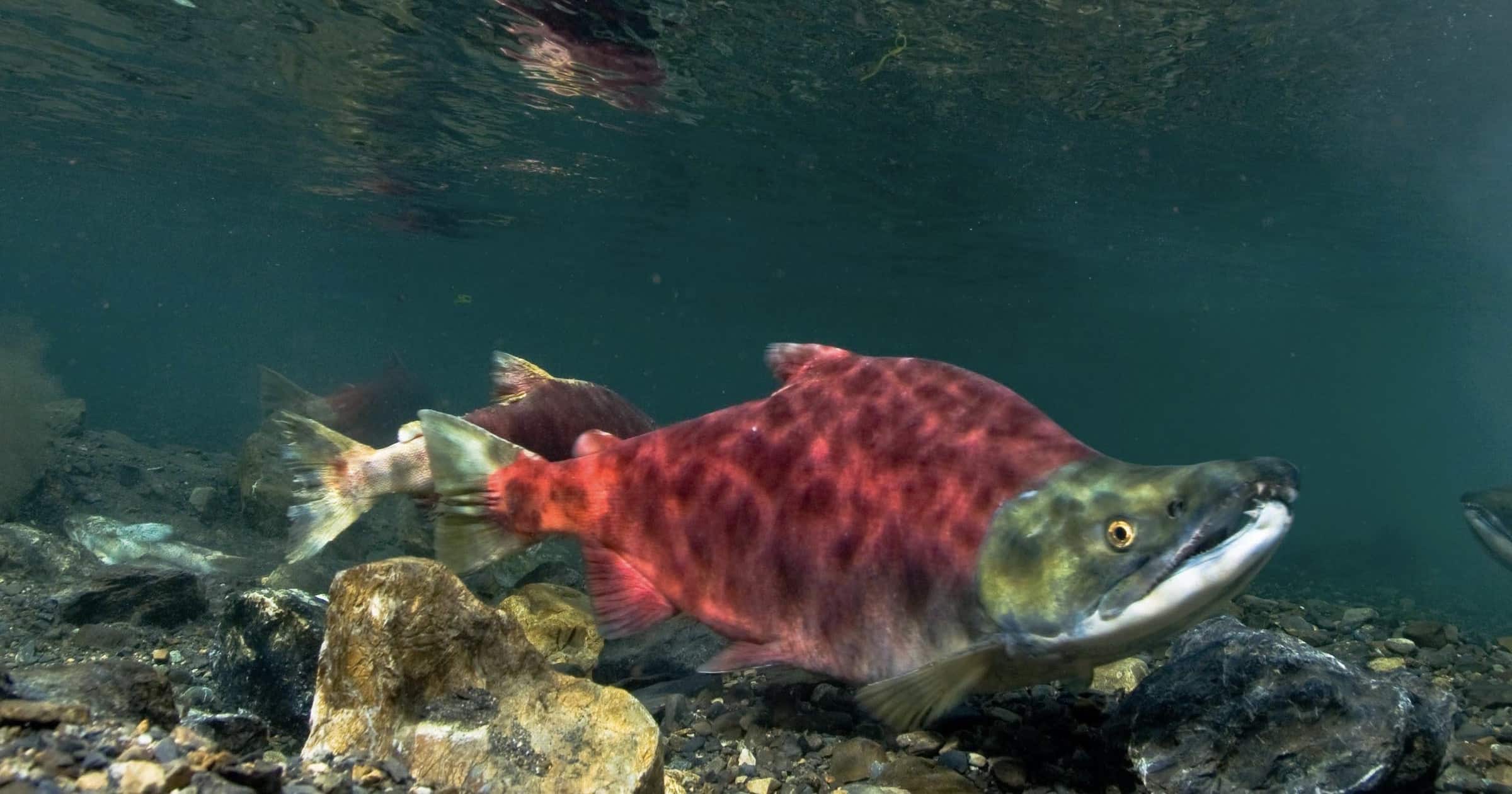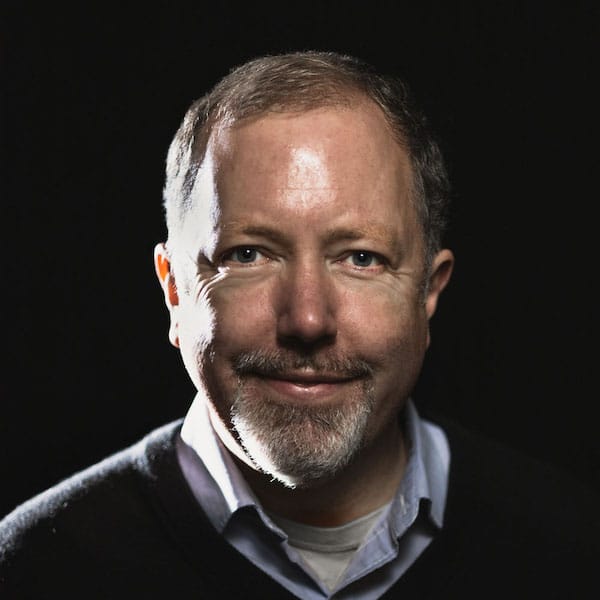 Evolution
Evolution
 Intelligent Design
Intelligent Design
A Closer Look at the Science of Purpose

In an earlier post, I introduced and defined what I called the “science of purpose.” Let us take a closer look at what that entails.
The first thing to notice is that there really cannot be a science of organisms, i.e., biology, without understanding purpose. That this fact has been so neglected is, of course, a consequence of neo-Darwinism, which purports to show that purpose and design in life are only apparent, not real. Organisms that survive simply appear to be purpose-driven because those that are not driven by purpose suffer extinction as imposed by natural selection. Of course, this statement offers no explanation of how purpose-driven life arises.
Vast and Ubiquitous Purpose
Before saying why that’s the case, let us indulge in the great delight of observing the vast and ubiquitous display of purpose in the natural world that surrounds us. In biology we are dedicated to studying the behavior and physiology of all living things. Extraordinary examples of animal behavior include the 70-mile trek by some emperor penguins to feed their young, the 1,000-mile journey that sockeye salmon may navigate to return to the small stream of their birth in order to spawn and die, and the 3,000-mile annual migration of certain caribou in North America.
Yet as a physician I am equally if not more astounded by the dazzling display of goal-attainment that takes place in every human body in every second of life. Your heart has been pumping since a time about eight months before you were born. Your kidneys filter metabolic waste and retain life-sustaining fluid and electrolytes without fail and without interruption. The hemoglobin in your red blood cells procures, transports, and delivers life-giving oxygen to every corner of your body, every second of every day. And this can only happen because your lungs expand and contract, again without fail, ceaselessly, even while you sleep. Your body cannot survive outside of a very narrow range of temperatures and fluid and electrolyte concentrations. These are assiduously and jealously monitored, adjusted, and normalized. Without this oversight, your life would come to a rapid end.
Purpose is the sine qua non of life. It permeates every organism, in every ecosystem.
How Can Anyone Deny This?
The short answer is that biology grew up out of the physical sciences. Even Isaac Newton himself was at pains to eliminate purpose, i.e., teleology, from his science. But Newton’s motivation was entirely different from that of modern scientific atheists. Newton believed firmly in the reality of teleology and purpose, but he also believed that it was outside of the ability of the human mind to reduce God’s purposeful wisdom to scientific terms. Some 250 years after Newton, and following the success of the Industrial Revolution, 19th-century scientists began to see themselves as understanding the world without God’s help. Then along came Darwin. As we all know, he said that creatures survived and speciated based on the random and blind — that is, purposeless — actions of a thoroughly uncaring natural world. He made it all seem so simple: survival of the fittest was all there is to it.
Today, modern science embraces Darwin, in part because biologists want to be physicists, and also because it allows them to continue to leave God out. So the myth of Darwinism, in its new guise of neo-Darwinism, endures.
You cannot see what you are not looking for. You cannot find Br’er Rabbit until you look into the briar patch. Realizing that, we recognize that the entire edifice of Darwin’s theory is based on a single, demonstrable falsehood. Darwin looked at the natural world and observed organisms of every kind striving to survive, competing for food, shelter, and mating privilege. This was the struggle for existence at the core of his theory.
The Desire to Struggle
The struggle, however, depends on something else that Darwin didn’t see, something more fundamental. Antecedent to it is the desire to struggle, that is, to act in keeping with the organism’s purpose, to live. Only with this desire does the living thing then go out and fight for its life. The point may seem subtle but it really is not. If as we are told, life is ultimately purposeless and organisms have no innate purpose… then why struggle?
Simply put: Teleology, the purpose-driven innate property of life itself, precedes natural selection as the primary source of agency that explains evolution. Darwinism utterly misses this elementary fact.

